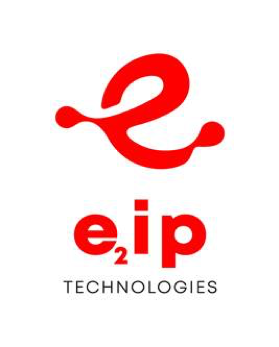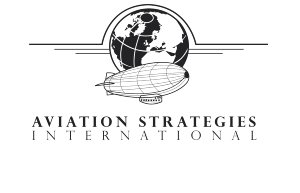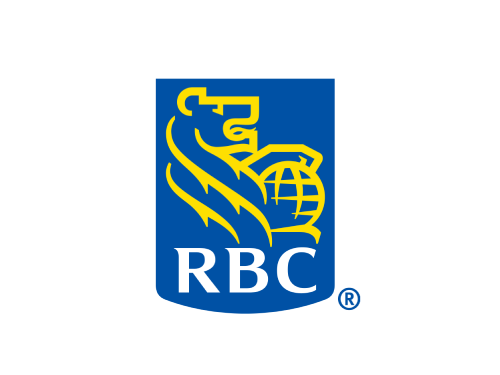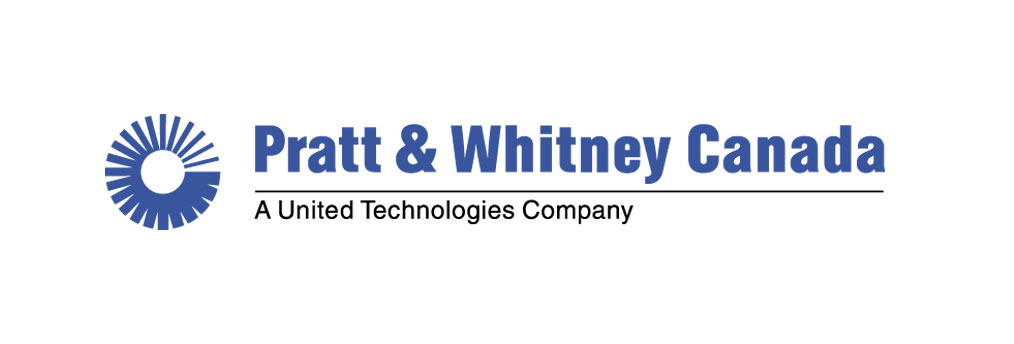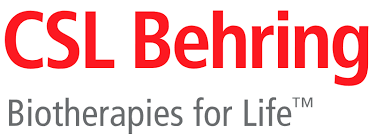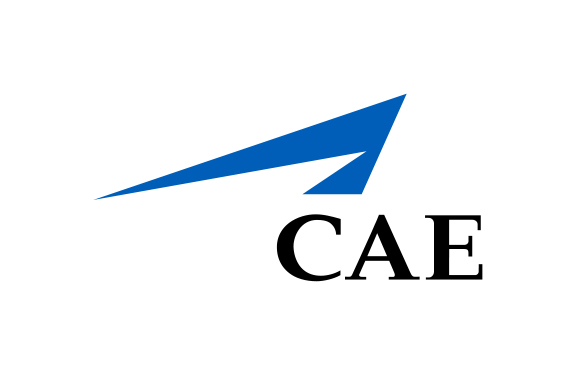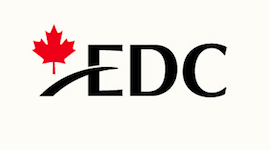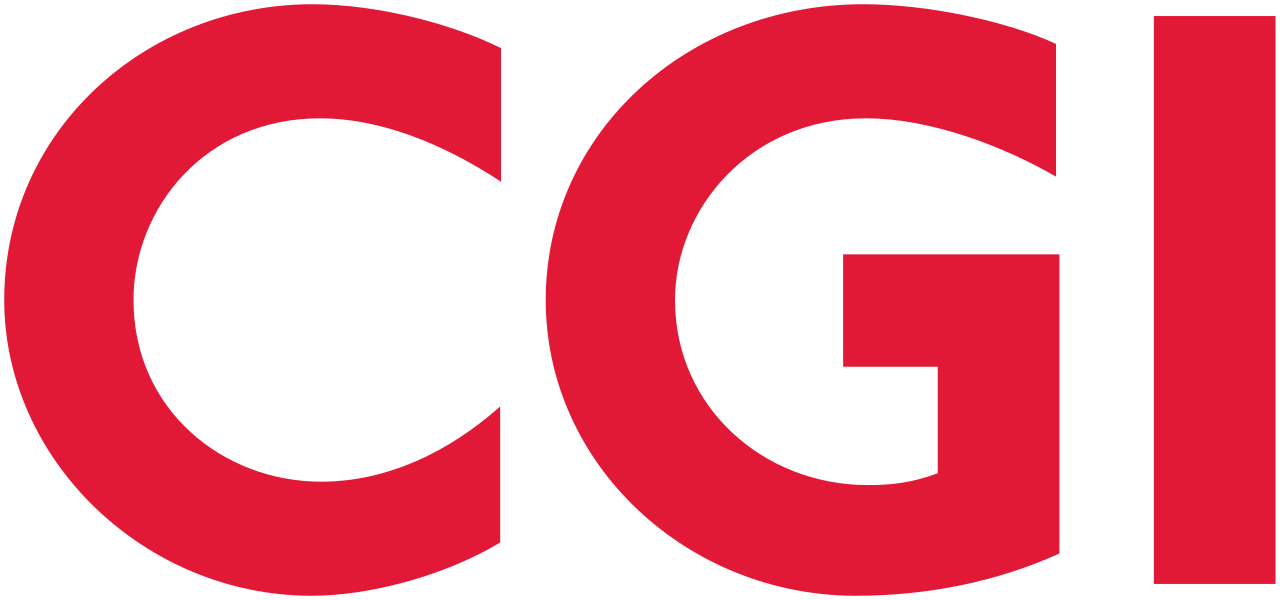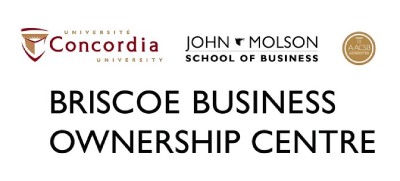On the case with the MBAs
[img_assist|nid=817|title=|desc=Case Competition organizers Luis Eguren, Frances Yuen, Santo Fata. (photo: André Forget)|link=none|align=none|width=640|height=341]
Secrecy and fairness are the watchwords of this intense business competition
By Rachel Alkallay
The Concordia MBA International Case Competition is now in progress at the Queen Elizabeth Hotel.
Twenty-eight business schools from around the world (including, for the first time, U.S. Ivy-League Yale University) are going head to head in the tournament, which is one of the largest of its kind.About 120 of the world’s best Master’s in Business Administration students compete in teams of four in a round-robin contest to solve “cases,” actual problems recently encountered by business and industry. How well they do depends on the opinion of as many as 250 judges, all of them volunteers from the Montreal-area executive ranks.
In the months leading up to the intense but fun-filled competition, the MBA Case Competition office in the Guy Metro Building has been bursting with energy and paper ‚Äî and that was even before the arrival of the cases themselves, in the form of about 40,000 photocopied sheets. This year’s organizers, MBA students Frances Yuen, Luis Eguren and Santo J. Fata, come from backgrounds in commerce, political science and environmental science. Among them, they speak half a dozen languages, which has helped get first-time sponsors from local businesses.
A major challenge for the organizers, who earn academic credit for their semester of work, is acquiring actual business cases for the competition that are interesting and sufficiently international in scope. The cases must never have been published, which eliminates literally thousands of cases that might have been used as examples by professors, appeared on the Internet, or had a limited distribution in some corner of the earth.
“We found a very good case that had appeared for one day on the Internet,” Fata recalled ruefully, “and we couldn’t take the chance on using it because of that one appearance.” However, although at least eight cases are required, this year’s team has found 18.
Keeping the cases secret in the days leading up to the competition requires tight security. Copies are kept to an absolute minimum. The competition’s Board of Directors, headed by Dave Goldman, President and CEO of Noranda Metallurgy, must see potential cases to evaluate them. Fata makes the copies, codes each one, and hands them out personally.
The cases run 10 to 25 pages each, and are translated, because the tournament is bilingual. The photocopying is done as late as possible by the organizers with trusted assistants “in a small locked room overnight,” Eguren said with a chuckle. Kept in sealed envelopes, locked in a safe at a secret location, they are released only 20 minutes before the contest begins, and handed to the room monitors, thus minimizing the risk of a case getting into the wrong hands.
Fata paid tribute to the generosity of case writers who have provided the competition with newly written, unpublished cases. “Good writers can earn $3,000 for each case, but some of them give us cases in July, six months before the competition.”
Several case-writers’ associations volunteer to provide cases, and some individual writers write cases with the competition in mind. There is considerable prestige and international exposure for a writer whose case is used.
Yuen said that business practices and ethical nuances vary from one country to another in such areas as, for example, sexual harassment. It is important to balance the features of a case to ensure that they are equally clear to participants of all teams, whether they are from Mexico, Finland or New Zealand. However, Fata said, “We are seeing more cases with globalization and environmental issues, which affect everyone.”
The Concordia MBA International Case Competition started on Tuesday and ends with a banquet on Sunday. Competitive sessions are open to the general public. Call 848-2736 for information.


